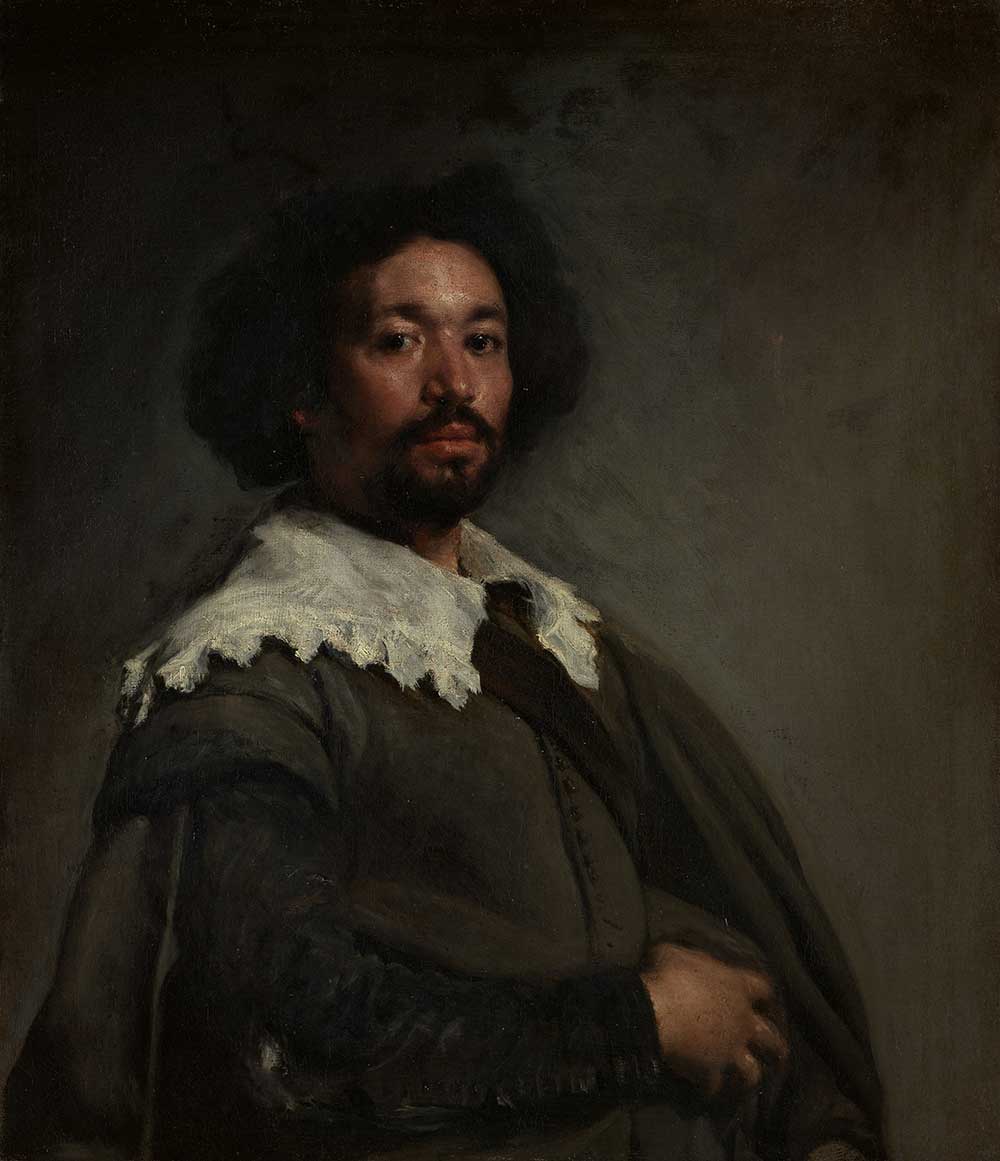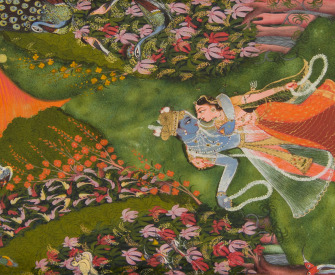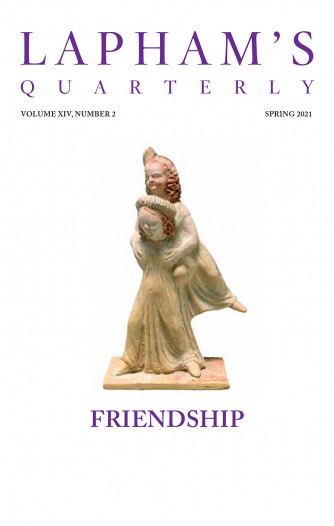It is a pity that caste even today has its defenders. The defenses are many. It is defended on the ground that the caste system is but another name for the division of labor; and if division of labor is a necessary feature of every civilized society, then it is argued that there is nothing wrong with the caste system.
The first thing that is to be urged against this view is that the caste system is not merely a division of labor. It is also a division of laborers. Civilized society undoubtedly needs the division of labor. But in no civilized society is it accompanied by this unnatural division of laborers into watertight compartments. The caste system is not merely a division of laborers—which is quite different from the division of labor—it is a hierarchy in which the divisions of laborers are graded one above the other. In no other country is the division of labor accompanied by this gradation of laborers.
This division of labor is not spontaneous; it is not based on natural aptitudes. Social and individual efficiency requires us to develop the capacity of an individual to the point of competency to choose and to make his own career. This principle is violated in the caste system, insofar as it involves an attempt to appoint tasks to individuals in advance—selected not on the basis of trained original capacities but on that of the social status of the parents.
This stratification of occupations which is the result of the caste system is positively pernicious. Industry is never static. It undergoes rapid and abrupt changes. With such changes, an individual must be free to change his occupation. Without such freedom to adjust himself to changing circumstances, it would be impossible for him to gain his livelihood. The caste system will not allow Hindus to take to occupations where they are wanted, if they do not belong to them by heredity. If a Hindu is seen to starve rather than take to new occupations not assigned to his caste, the reason is to be found in the caste system. By not permitting readjustment of occupations, caste becomes a direct cause of much of the unemployment we see in the country.

Juan de Pareja, by Diego Velázquez, 1650. The Metropolitan Museum of Art, purchase, Fletcher and Rogers Funds, and bequest of Miss Adelaide Milton de Groot (1876–1967), by exchange, supplemented by gifts from friends of the Museum, 1971.
The caste system suffers from another serious defect. The division of labor brought about by the system is not a division based on choice. Individual sentiment, individual preference, has no place in it. It is based on the dogma of predestination. Considerations of social efficiency would compel us to recognize that the greatest evil in the industrial system is not so much poverty and the suffering that it involves, as the fact that so many persons have callings which make no appeal to those who are engaged in them. Such callings constantly provoke one to aversion, ill will, and the desire to evade.
There are many occupations in India which, on account of the fact that they are regarded as degraded by the Hindus, provoke those who are engaged in them to aversion. There is a constant desire to evade and escape from such occupations, which arises solely because of the blighting effect which they produce upon those who follow them, owing to the slight and stigma cast upon them by the Hindu religion. What efficiency can there be in a system under which neither men’s hearts nor their minds are in their work? As an economic organization, caste is therefore a harmful institution, inasmuch as it involves the subordination of man’s natural powers and inclinations to the exigencies of social rules.
From The Annihilation of Caste. At a Round Table Conference in London in 1931, Ambedkar advocated for a separate electorate for lower castes in India, a privilege that was later granted to Muslims and Sikhs. Gandhi insisted that dividing Hinduism would divide India and began a hunger strike in protest. Ambedkar called this “the worst form of coercion” against people who were “tied” to a religion that “brands them as lepers.” In 1956, shortly before his death, Ambedkar publicly converted to Buddhism along with nearly 400,000 followers.
Back to Issue



